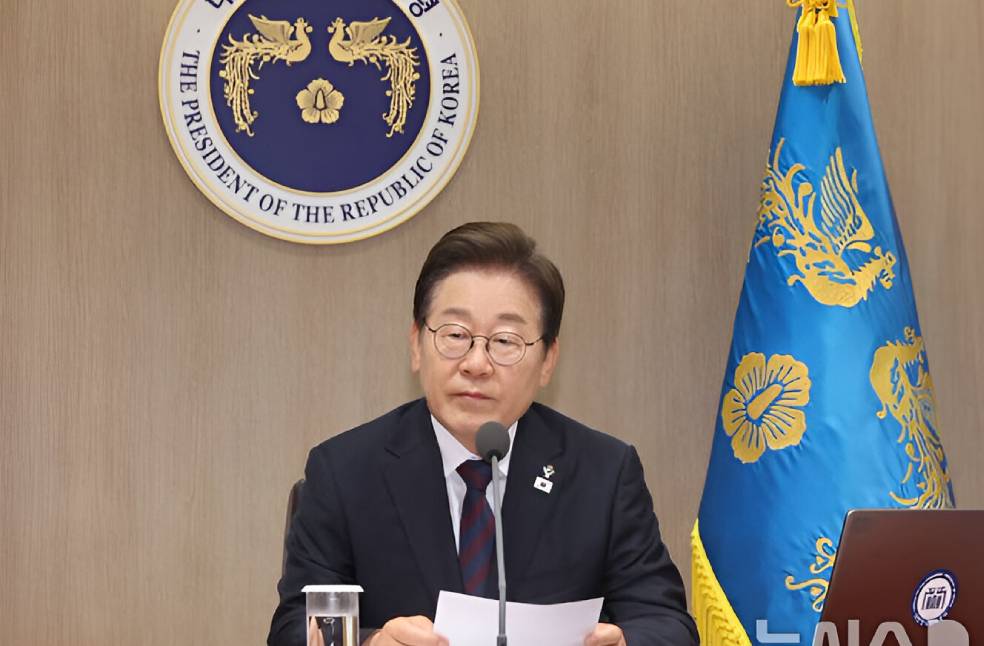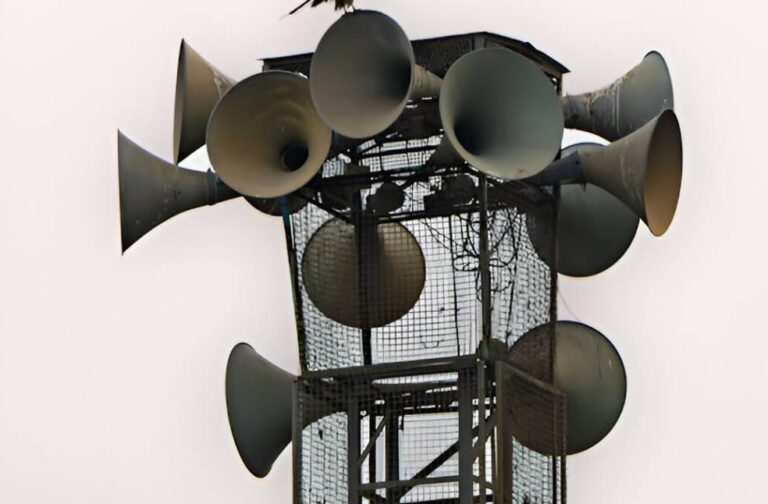Seoul: South Korea’s military has suspended its controversial loudspeaker broadcasts along the border with North Korea, in a move it defines as part of efforts to restore trust and reduce tensions between the two nations.
The decision comes just a week after President Lee Jae-myung assumed office, having pledged to improve ties with Pyongyang and restart dialogue on the Korean Peninsula. The loudspeaker broadcasts, blaring South Korean news, democracy-related content, and foreign affairs updates had long been a source of tension with the North, which deems them an act of war and has previously threatened retaliation.
South Korea’s military remarked that, “The suspension aims to restore trust in inter-Korean relations and achieve peace on the Korean Peninsula.” The broadcasts had been silent for six years until they were reactivated in June 2024, after North Korea launched a campaign of sending garbage-filled balloons across the border.
The military’s latest move tracks reports that Pyongyang has ceased its balloon activities. However, the broadcasts are suspended, not permanently terminated, a signal, that the South retains the option to resume them should the situation escalate.
President Lee’s approach keeps a stark departure from the hawkish policies of his predecessor, Yoon Suk Yeol, who was impeached and removed from office last December after controversially declaring martial law, citing threats from alleged North Korean sympathisers.

While some civil society groups in the South have condemned the move, arguing that the broadcasts offered North Koreans a rare glimpse into life beyond the regime, border residents expressed relief.
Human rights advocates, however, voiced concern. Hana Song, Executive Director of the Database Centre for North Korean Human Rights stated that, “The loudspeakers were a vital bridge to the North Korean people, a reminder that they are not forgotten. Turning them off only helps Kim Jong Un’s efforts to keep his people in isolation.”
Despite the differing reactions, the suspension of the broadcasts is being viewed as a symbolic gesture of goodwill by the new administration. It comes nearly a year to the day since they were restarted, during a period marked by tit-for-tat psychological warfare between the two Koreas.
Though both nations remain technically at war, the Korean War ended in 1953 with an armistice, not a peace treaty, the move signals a potential thaw in a relationship that has long wavered between provocation and diplomacy.



